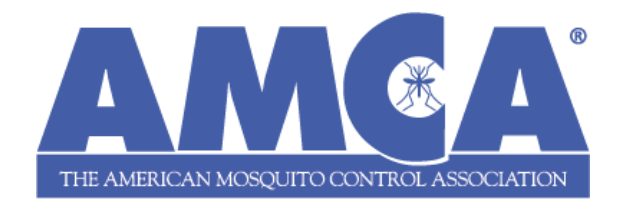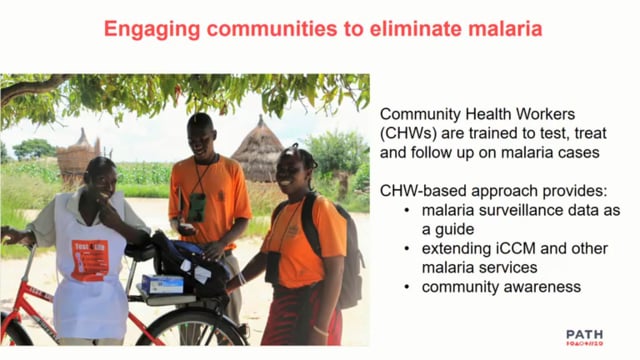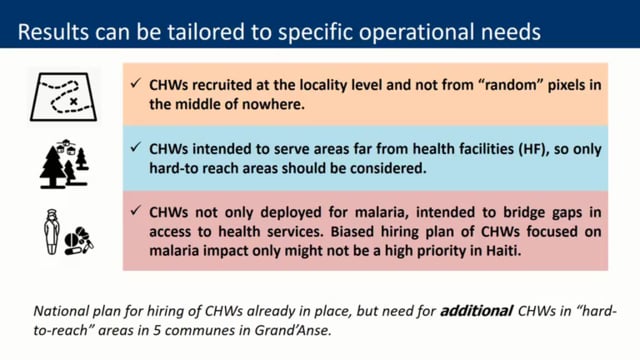Last Updated: 13/02/2025
Program evaluation of the community health volunteer peer supervision model in Madagascar
Objectives
The primary objectives of the evaluation are to:
- Document how Madagascar’s community health volunteer (CHV) peer supervision model works, what aspects of the model do or do not work well and why, and identify areas for refinement/improvement of the model;
- Assess the implementation fidelity of the CHV peer supervision model; and
- Determine the feasibility and acceptability of the CHV peer supervision model among key stakeholders, including health facility staff, CHVs and CHV supervisors.
Jessie Hamon
Kanto Jude Ramanamahefa
Cara Smith Gueye
Jayne Webster
Madagascar recently launched a national community health strategy, which outlines plans to institutionalize its 35,000 community health volunteer (CHV) cadre (known locally as agents communautaires, or ACs) and strengthen community health. Historically, CHVs have been supervised by health providers based at basic health centers. However, competing workload demands have resulted in CHVs receiving inadequate or no supervision. To address this gap, Madagascar’s USAID Accessible Continuum of Care and Essential Services Sustained (ACCESS) Program is currently supporting the rollout of a new peer CHV supervision model in the country.
The importance of supervision of CHVs is recognized with an emphasis on the need for “regular and systematic supervision.” However, while the strategy to recruit CHVs to serve as supervisors of other CHVs is a strategy piloted or employed in several countries, such as in Malawi and Uganda, there is limited understanding of how this type of supervision model works. This program evaluation aims to 1) document how Madagascar’s peer supervision model works, what aspects of the model work well/do not work well and why, and identify areas for refinement/improvement of the model; 2) assess the implementation fidelity; and 3) determine the feasibility and acceptability of the model among key stakeholders. The findings from the evaluation will help inform potential refinements of the model prior to the broader rollout of the model across the country, as well as contribute to broader learning around effective community health worker supervision models.
The evaluation will employ a mixed methods study design, consisting of secondary data collection and analysis of program reports and data and qualitative in-depth interviews with key informants.
Jul 2022 — Dec 2023
$404,865


